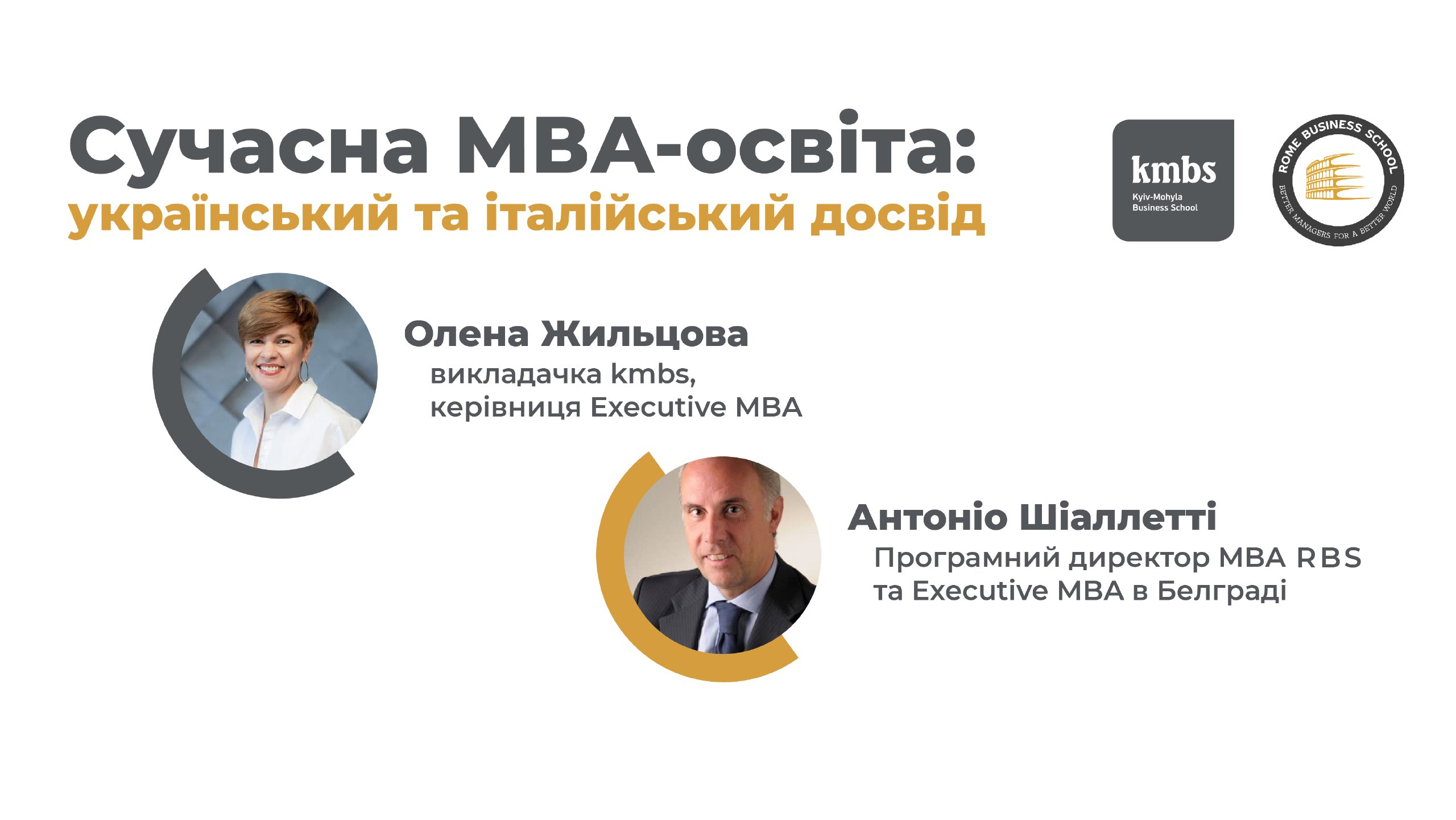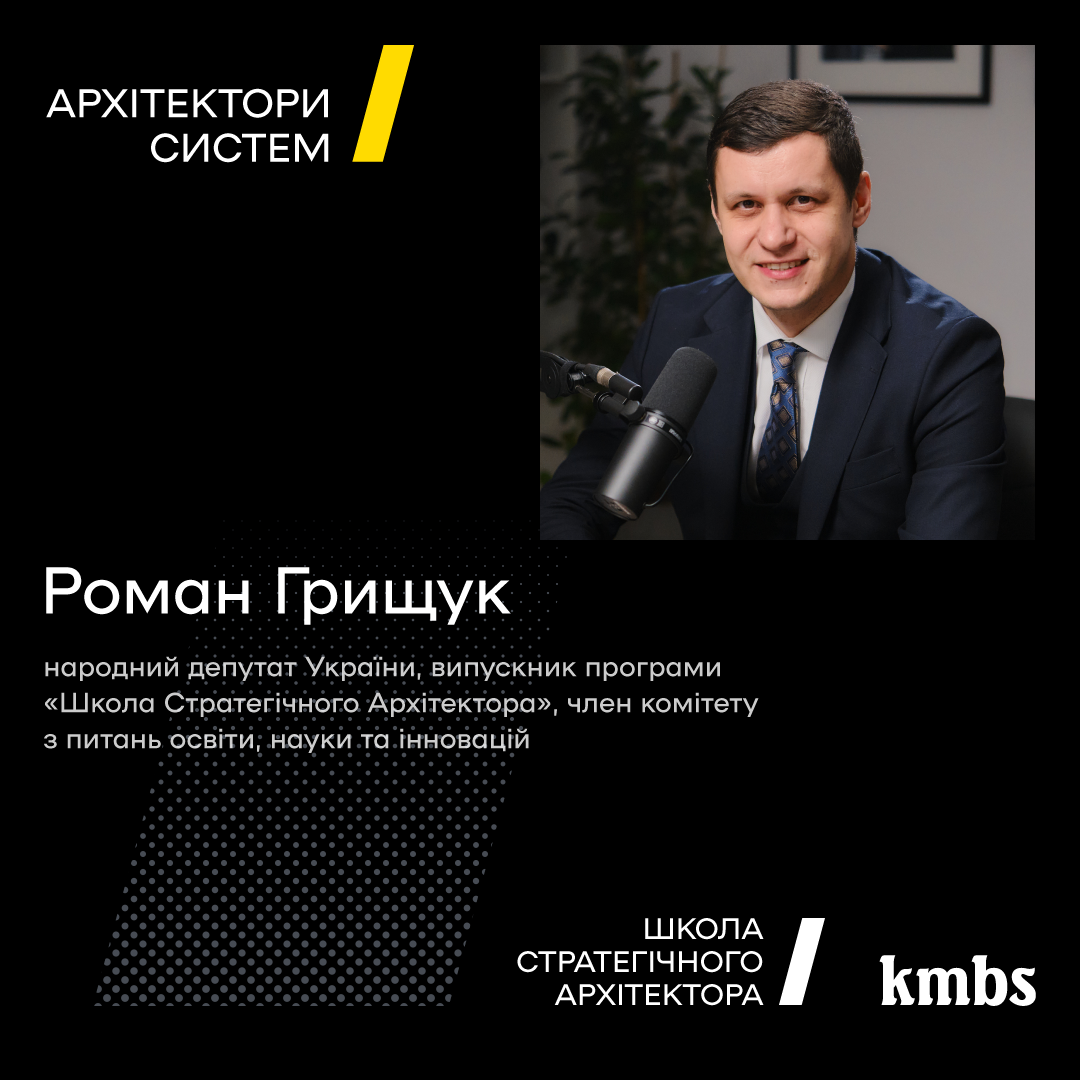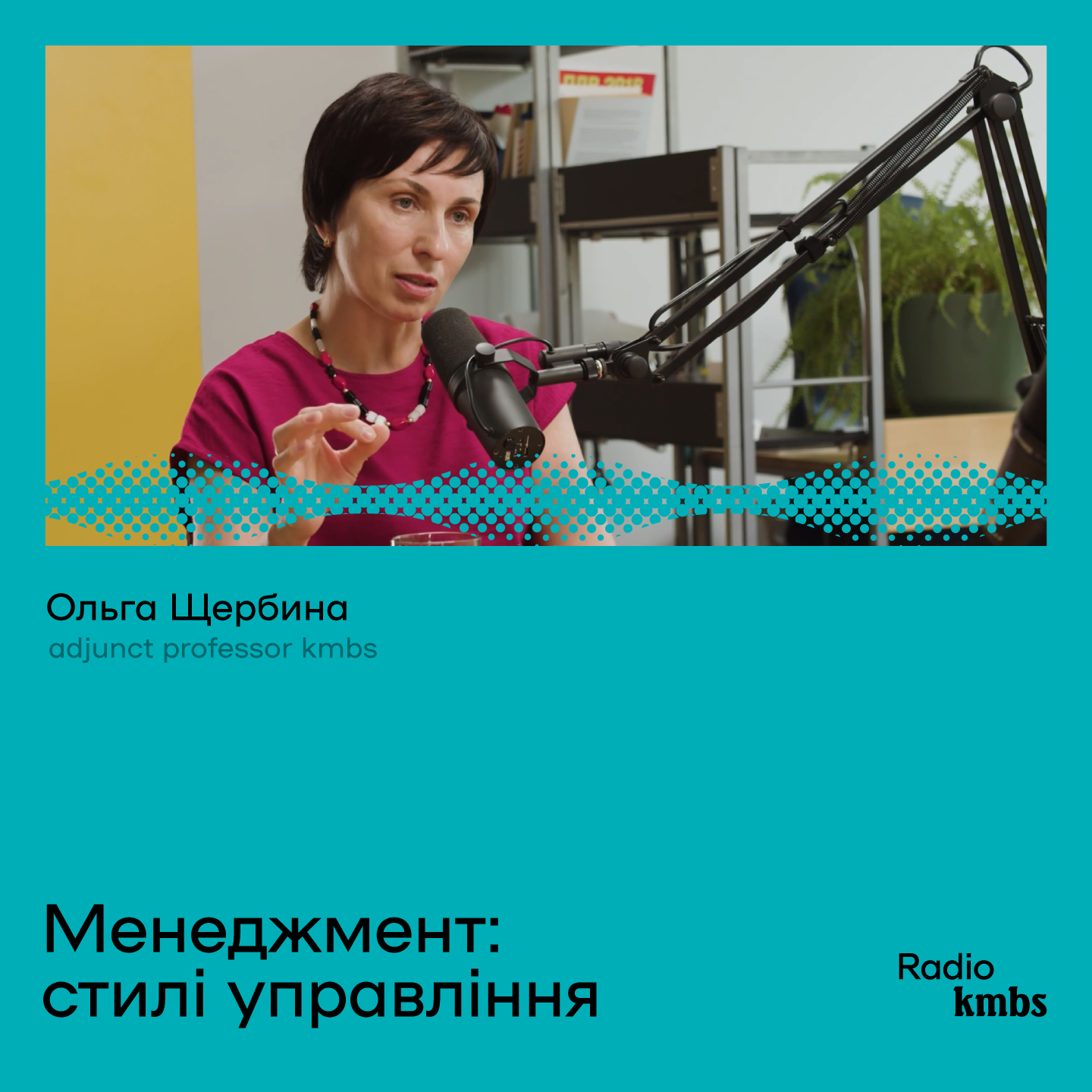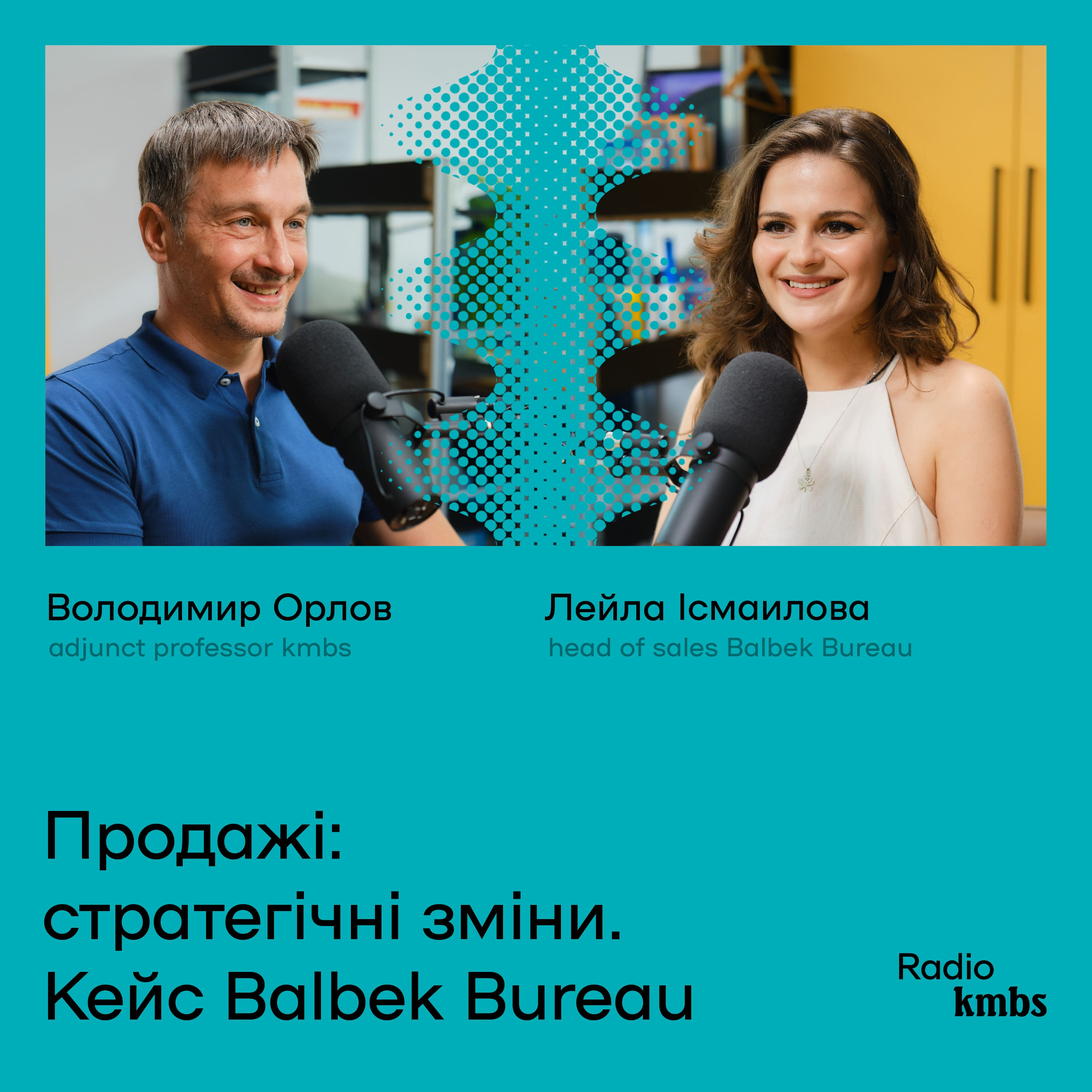How to keep the focus of activity, own identity while being an international business school? Is it essential for you?
Olena: Yes, the balance between internationality, globality and authenticity, originality is very important. Exploring yourself, understanding your identity, your root strength, and your managerial and cultural tradition — all these give special energy.
We work a lot on this in various courses of our programs, including special courses of cultural and philosophical orientation. We pay attention to this issue in the field modules in Ukraine. We organize special trips to places of strength — Baturyn, Kachanivka, and Carpathian slopes.
Antonio: Yes, it is essential for us and it is easy to preserve our identities because each business school brings to the table its own identity and experience of its professors, therefore the important part is to match them and understand each other at the international level. Each business school has advantages that must be shared and used.
In the field of education, there is a tendency to reduce the duration of training. In particular, there are many express courses in business education; books like MBA in 10 days are published. How do you feel about this? Do you consider it to be a threat or a positive tendency?
Olena: For me, this is a question from the category of “How do you feel about Mozart’s Greatest Hits CDs or books like Textbook of World Literature?”
Sometimes, it’s better than nothing. After all, it opens the door to the world of development, forms questions and desires to carry on. Sometimes, it’s worse than nothing. Because it forms a superficial understanding, arrogance and the worst type of managers, of which we say “ignorance is not as terrible as the illusion of knowledge”.
Undoubtedly, it takes time to get quality academic and practical training, and not just to master certain business tools, but to learn to think and manage systems.
On the other hand, I am convinced that business schools should also become more flexible and properly integrate the request for MOOC discussion, cinema therapy, real-time-MBA, etc. into their programs.
Antonio: An Executive MBA course must make a difference in the mindset and experience of the participants. Therefore, the core of the MBA is at least one year of work and interactions with leading professors and industry experts, because the know-how and experience must be shared and discussed. It can be done online and in-person/on-campus, but it takes time to absorb and it takes high-level professors to communicate and share. Discussion is a key element in business and hence in business education. The difference between a top business school and an online video is the transfer of knowledge and experience. Business school is just a physical framework.
What insights did the joint RBS & kmbs module give you?
Olena: This module was thought-provoking. And now I would single out three insights.
First and foremost, it is important to understand the need to continue to systematically study the perspective from which people from different places look at the world. I always had books like The Culture Map (Erin Meyer) and Watching the English (Kate Fox) on my desk. EMBA kmbs program has Unexpected Islam and Know Japan courses… But that’s not enough! Sometimes, when you talk to a person from another culture, you feel how difficult it is to make a proper emphasis, and it’s not about a foreign language, the pitfalls lie much deeper.
Secondly, above we talked about understanding one’s own identity and strength, about the ability to communicate them. I pay tribute to the Romans. Preserved architecture, deep sound of history, culture, identity… We also have it all. And it is worth working with it systematically and without sham nationalism!
Thirdly, it is necessary to continue, to enter unknown territories, to look for asymmetric and unexpected points of intersection. According to my colleague Professor Antonio, there are many of them in Ukraine and Italy, in Kyiv and Rome.
Antonio: Great opportunities could be leveraged by Ukraine and Italy, for example, in the green energy and food and beverage sectors. We reached understanding, and it is nice to see how the know-how of business from RBS could match the needs for leading business representatives in Ukraine. We can delve into the business models of leading companies, and study their business cases in order to speed up the business development of Ukrainian companies.










